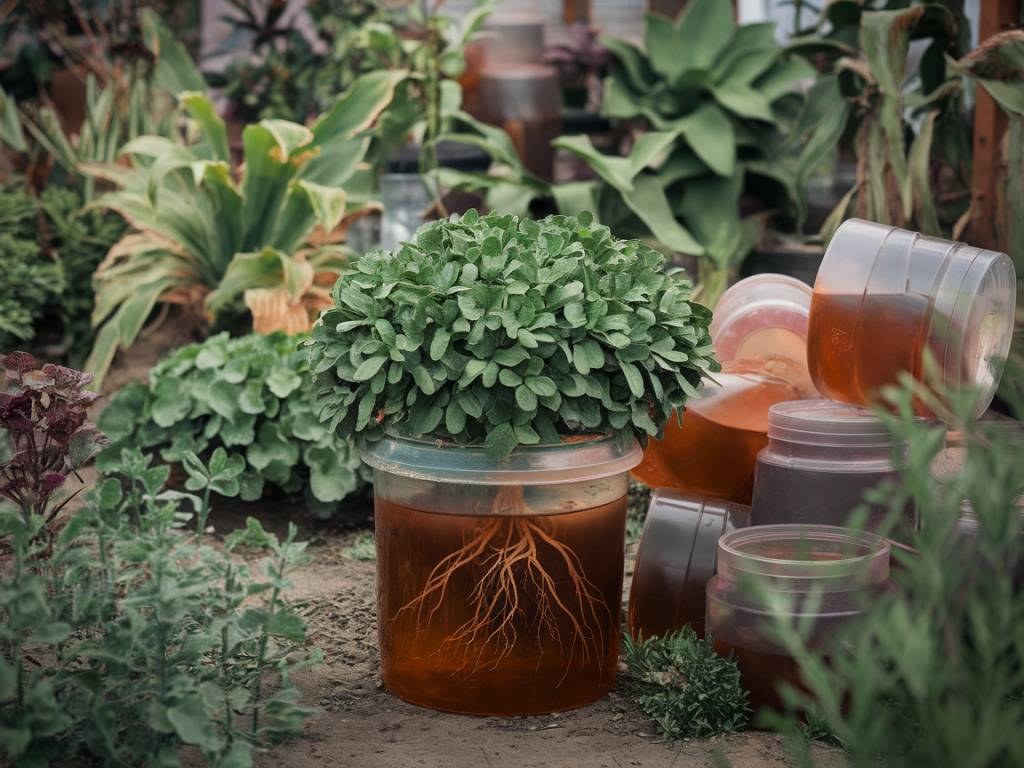As someone who deeply enjoys gardening and practices natural methods inspired by permaculture, I’ve always sought ways to nurture my garden in the most sustainable and eco-friendly manner. One technique that has intrigued many gardeners, including myself, is the use of diluted urine to boost plant growth. Yes, you read that right! Human urine, when properly diluted, can serve as an effective and natural fertilizer. Before you wrinkle your nose in disgust or skepticism, let’s dive into why and how this works, and more importantly, how to use it safely.
Why Use Urine as a Fertilizer?
Urine is a rich source of nitrogen, phosphorus, and potassium – the three primary nutrients required for plant growth. In fact, these nutrients are the major components of commercial fertilizers. Unlike synthetic fertilizers, urine is free, readily available, and reduces waste by recycling nutrients back into the soil.
Nutrient Composition of Urine
Urine is composed of approximately:
- 95% water
- 2.5% urea (a source of nitrogen)
- 1.5% salts and minerals
- 1% other organic compounds
These components make urine a perfect low-cost and eco-friendly fertilizer option for your garden.
How to Collect and Store Urine
Collecting urine is quite straightforward. Use a clean container with a lid to minimize odor and prevent contamination. It’s best to use fresh urine – preferably within 24 hours – as the nutrient composition remains most beneficial. Store it in a cool, dark place until you’re ready to use it.
For those who share a household, you can involve your family members in the collection process. Just ensure everyone understands the importance of hygiene and cleanliness. Avoid using urine from individuals who take medications, as some drugs can pass through the urine and potentially harm your plants.
Proper Dilution Ratio
Urine is highly concentrated and can burn plants if used in its pure form. The key to using it safely is proper dilution. A common and effective dilution ratio is 1 part urine to 10 parts water. This dilution ensures that the nutrient levels are safe and beneficial for your plants without causing any harm.
For young seedlings or delicate plants, you might want to dilute it further, up to a ratio of 1:15, to avoid any risk of nutrient burn.
Applying Diluted Urine to Your Garden
Once properly diluted, you can apply urine in several ways:
- Direct Soil Application: Water your plants with the diluted urine directly at the soil level. This method allows the nutrients to seep into the root zone where they are most needed.
- Compost Activator: Pour diluted urine into your compost pile. The nitrogen in urine acts as an activator, speeding up the decomposition process and enhancing the nutrient content of your compost.
- Foliar Spray: Although less common, you can use a diluted mixture as a foliar spray. This should be done sparingly and ideally on established plants in the early morning or late evening to avoid leaf burn from the sun.
Frequency of Application
Apply diluted urine to your garden every 2-3 weeks during the growing season. This frequency provides a steady supply of nutrients without overwhelming the plants. Always monitor your plants’ response and adjust the frequency if necessary.
Precautions and Safety Considerations
While using urine as a fertilizer has many benefits, it’s important to follow certain safety guidelines:
- Avoid Raw Consumption: Do not use urine on crops that are close to harvest or on leafy greens that are eaten raw. For best results, apply it to fruiting plants, trees, and shrubs.
- Hygiene: Always wash your hands thoroughly after handling urine to prevent any potential contamination.
- Water Source: Ensure that your water source is clean and free from contaminants when diluting urine.
- Pest Control: Be mindful that over-fertilization can attract pests. Dilute properly and observe your garden regularly.
Common Misconceptions
There are several misconceptions about using urine in the garden which I’d like to address:
- Smell: Properly diluted urine typically doesn’t emit a strong odor when applied to the garden. Any minor smell dissipates quickly.
- Health Risks: When handled responsibly and used on appropriate plants, the risk of pathogen transmission is minimal. Fresh urine from healthy individuals is generally sterile.
- Plant Damage: The idea that urine will harm your plants is true only if used undiluted. Proper dilution ensures your plants receive nutrients safely.
The Permaculture Perspective
In permaculture, we strive for closed-loop systems where waste is minimized, and resources are recycled. Using urine aligns perfectly with these principles, as it turns a waste product into a valuable resource. It exemplifies the permaculture ethos of working with nature, rather than against it.
Success Stories and Personal Experience
In my own garden, I’ve seen remarkable improvements in plant health and productivity when using diluted urine. Tomato plants, in particular, have thrived, producing lush foliage and bountiful fruit. Other gardeners have reported similar successes with cucumbers, squash, and even flowering plants.
It’s gratifying to see how something as simple and natural as urine can play a pivotal role in sustainable gardening. By repurposing it, not only am I reducing waste, but I’m also providing my plants with the nutrients they need to flourish.
Embracing the practice of using diluted urine as a fertilizer can make a significant difference in your garden’s health and productivity. Give it a try and observe how your plants respond. Remember to always prioritize safety and proper dilution. Happy gardening!
Samanta
